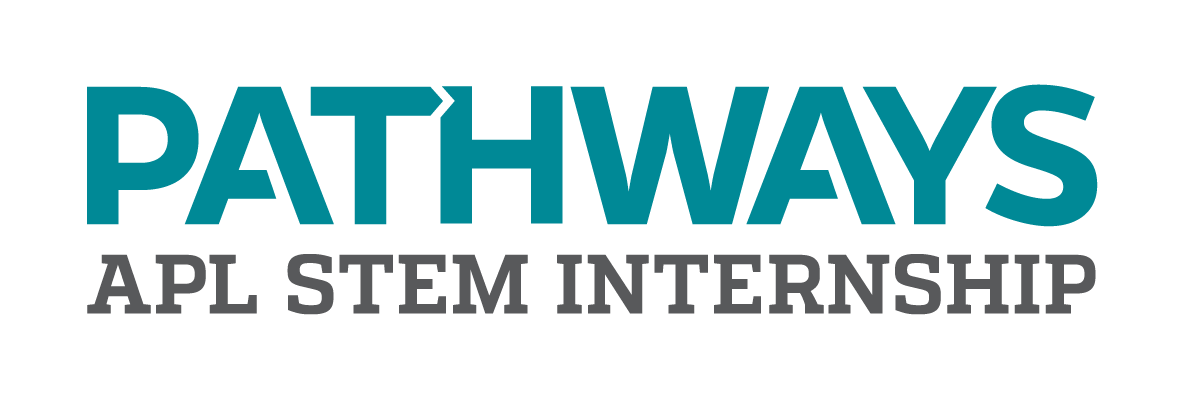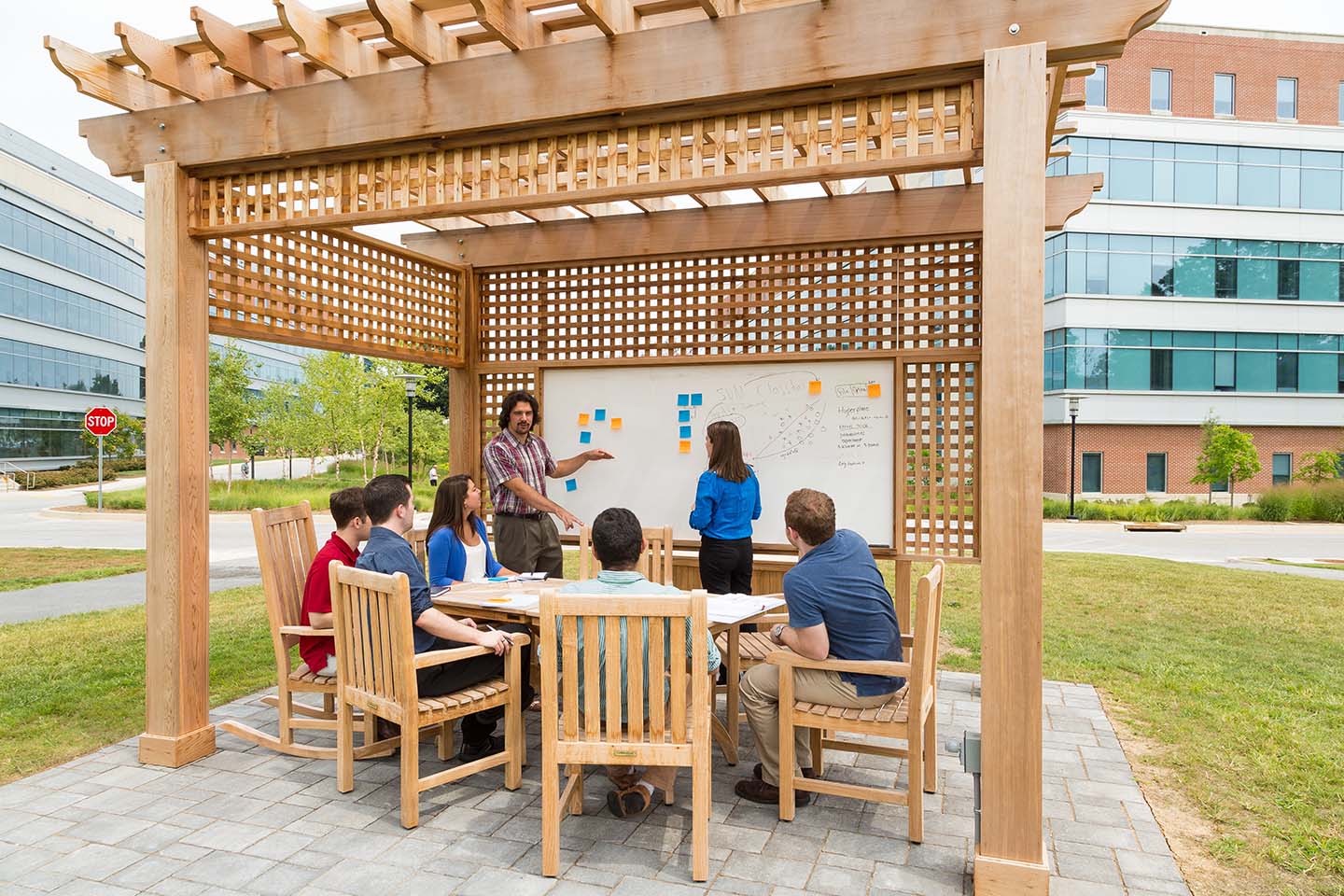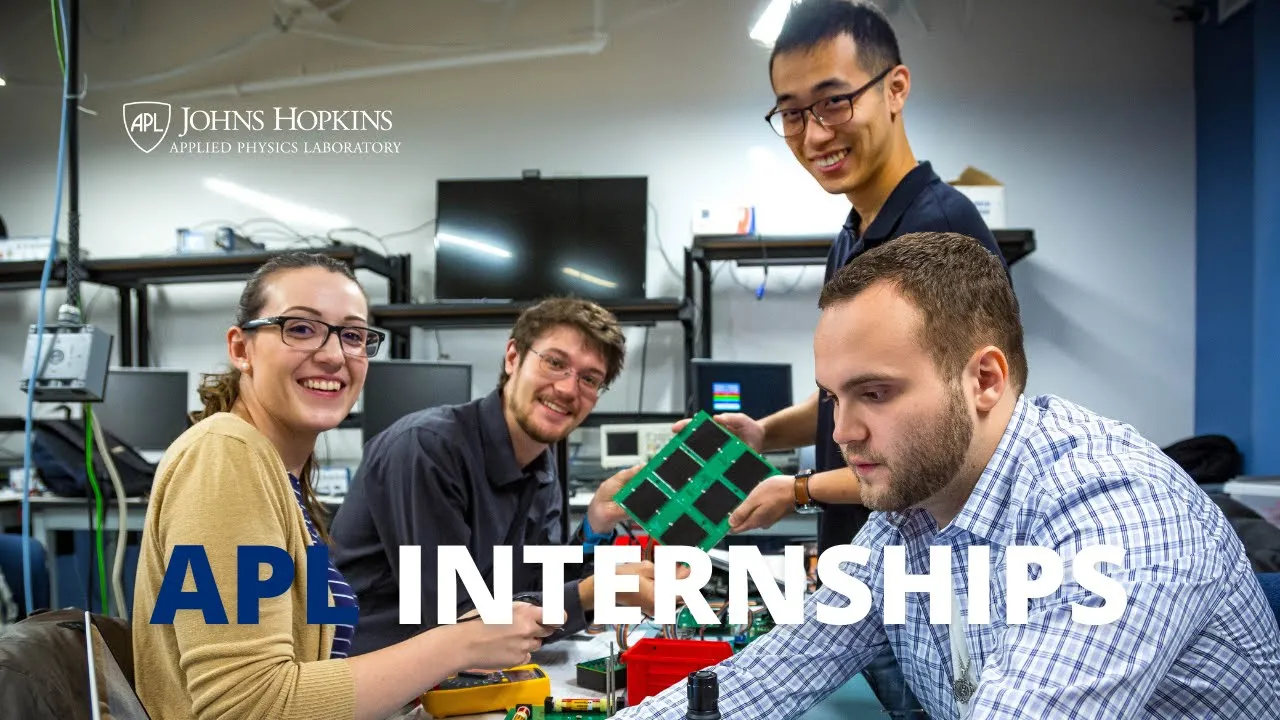
Career Opportunities
Internships
APL offers internship programs for both college and high school students. For more information about high school internships, visit the ASPIRE High School Internship Program.
Pathways: APL’s College Internship Program
 Embark on an unforgettable immersive summer internship where you’ll work on real-world challenges, collaborate with students from across the country, and learn from some of the brightest minds in your field. From day one, you’ll make meaningful contributions that drive innovation and shape the future.
Embark on an unforgettable immersive summer internship where you’ll work on real-world challenges, collaborate with students from across the country, and learn from some of the brightest minds in your field. From day one, you’ll make meaningful contributions that drive innovation and shape the future.
What You’ll Gain
- Hands-On Experience: Work on technical projects that have a real-world impact.
- Collaboration & Mentorship: Thrive in a culture of innovation while building connections with technology leaders and subject matter experts.
- Career Foundations: Lay the groundwork for becoming a skilled and accomplished STEM professional.
If you’re passionate about solving complex challenges and making a difference, we’d love for you join us. While most of our internships are in technical fields, we also offer select opportunities in business disciplines.
- Developing software applications
- Designing and prototyping hardware and electronic instruments
- Signal processing and data analysis
- Algorithm analysis and development
- Embedded systems testing and integration
- Modeling and simulation
- Technical talks with subject matter experts
- Leadership information sessions
- Career development guidance
- Tours of labs with leading technology
- Networking opportunities
- Educational off-site group excursions
What We Offer
As a college intern, you’ll enjoy competitive pay, paid holidays, and valuable networking opportunities.
Eligibility Requirements
- A minimum GPA of 3.0
- Enrollment as a full-time student for the semester following your internship
Application Process
Internship opportunities are posted each fall on a rolling basis and remain open until filled.
Ready to join us?

Recruiting Events
Connect with us at an upcoming recruiting event to learn more about career and internship opportunities at APL.
What’s it like being an intern at Johns Hopkins APL?

Johns Hopkins APL Recognized as a Three-Time Handshake Early Talent Award Winner Apr 11, 2024

Johns Hopkins APL Intern Develops Wearable Haptic Prototype Sep 13, 2023

Human-Computer Interactions at Center of One Johns Hopkins APL Internship Experience Aug 29, 2023

Join Our Talent Community!
Joining APL’s Talent Community is a great way to learn more about the Laboratory, our culture, and future opportunities.
